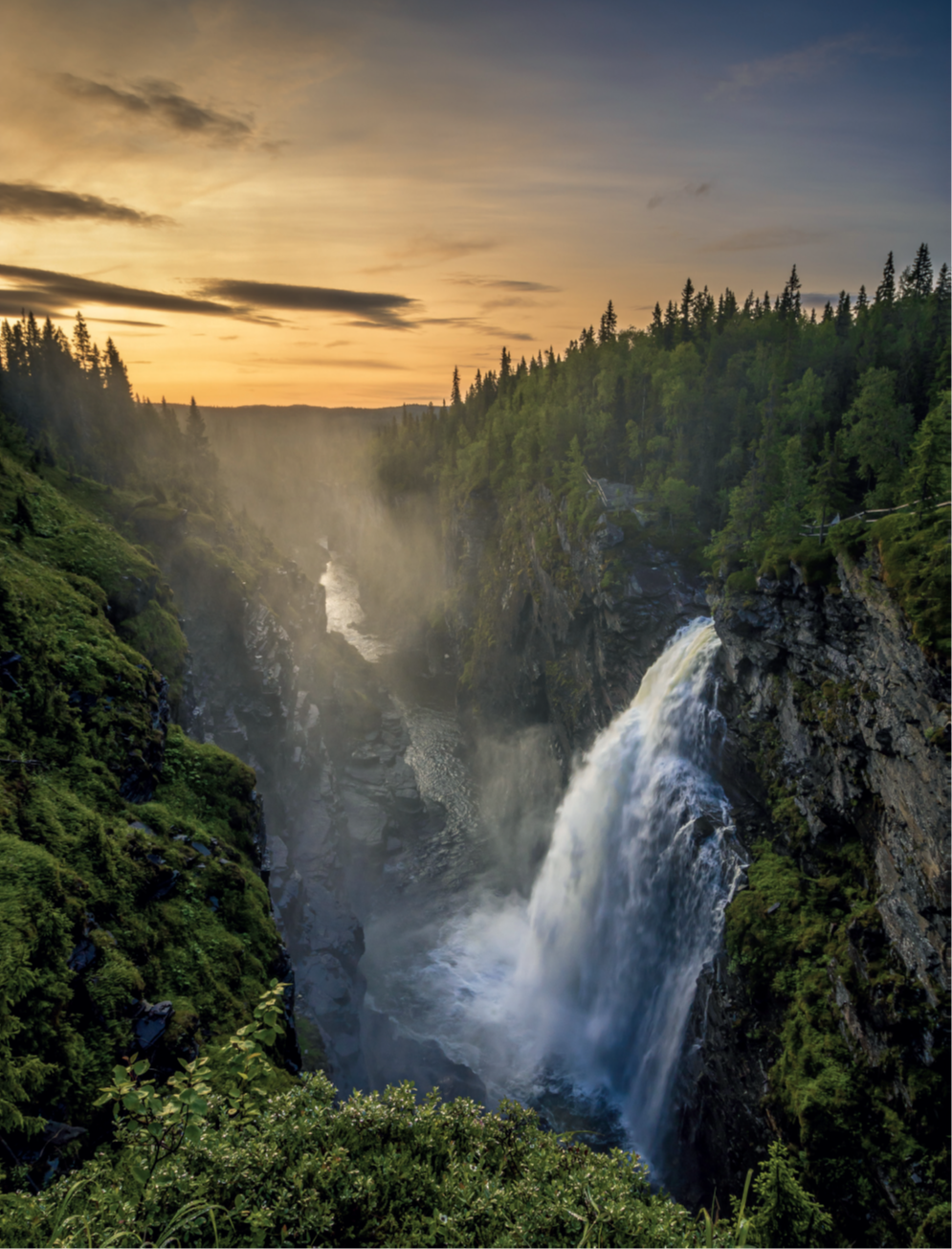Nature, Culture, and the Ideologies of Progress in Anni Kytömäki’s Novel Margarita
DOI:
https://doi.org/10.26881/ss.2024.28.08Słowa kluczowe:
Historical fiction, human-nature relationship, Post-War Finland, Anni KytömäkiAbstrakt
The article explores the human-nature relationship in Anni Kytömäki’s novel Margarita
in the context of social change in Post-War Finland of the 1950s. In her oeuvre, Kytömäki has
depicted the history of the modernization of Finnish society especially from the point of view
of nature. Both themes, the reconstruction period and the need for the protection of nature, are
popular in Finnish literature, but rarely combined. The analysis shows that the novel brings critical
perspectives to the mainstream history of Post-War Finland by juxtaposing the ideologies that
influenced family planning in the 1950s with the early stages of intensive forestry. In addition,
the analysis shows that Margarita is anchored in the notion of a material-semiotic intertwining
of nature and culture that is characteristic of current environmental discourse.

 Uniwersyteckie Czasopisma Naukowe
Uniwersyteckie Czasopisma Naukowe





